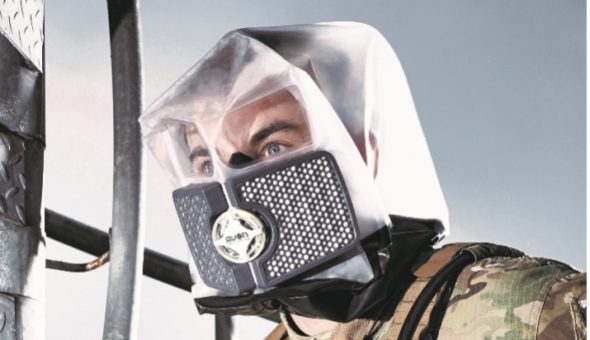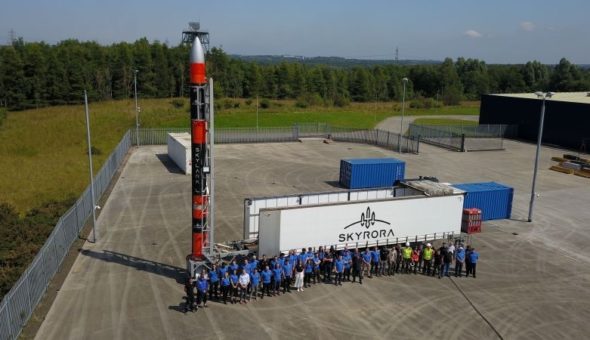Liana Zoumpouli is a final-year PhD student at the CSCT who researches wastewater treatment methods as part of Dr Jannis Wenk's research group.
Liana recently spent some time in Baltimore, USA, working with a world-leading institution to complement her current research project at Bath. In this blog post, she tells us about her work while she was abroad, and how the experience fitted within her wider PhD project.
Starting the final year of a PhD can be quite stressful. But having recently come back from a 3-month internship at Johns Hopkins University in Baltimore, USA, I am excited and full of ideas.
My internship was in Dr Carsten Prasse’s lab — right next to the world-renowned Johns Hopkins Hospital! — in the Department of Environmental Health and Engineering, a highly interdisciplinary department.
Research at the Department of Environmental Health and Engineering is at the interface of Engineering and Public Health and addresses a wide range of topics, including epidemiology, energy management, air quality and water sanitation. The Prasse lab investigates, for example, how drugs and personal care products can change during the urban water cycle — once we wash them off or digest them and they go down the sink or toilet and into the treatment plant.
After going through a treatment plant, the wastewater that is discarded into nature can still contain some traces of pharmaceuticals. To study these traces and how these compounds have changed since the beginning of the cycle, the lab uses sophisticated techniques, such as high-resolution mass spectrometry, to analyse water samples.
During my PhD, one of the things I have studied is how to remove these traces from water or wastewater using an effective technique called ozonation. This method is based on transforming these organic contaminants into other compounds. However, these new compounds or by-products need to be better studied to establish if they pose a risk to water quality and to the environment.
So, since the wider research context at the Prasse lab is in line with my own PhD project and my interest in sustainability and environmental engineering, it offered an ideal environment to pursue research relevant to my work.
Using their advanced analytical facilities and methods, I had the chance to study many organic compounds and their ozonation by-products. We found that, when using ozonation to remove certain contaminants, sometimes toxic compounds can be formed. Therefore, future work should focus on reducing these to a minimum while still keeping the ozonation process cost-efficient.
Despite spending many long days in the lab, I made full use of my placement to explore the east coast of the USA and managed to go to seven states. As part of my travels, I got to visit many university campuses — including Harvard and MIT in Boston — as well as many museums, art galleries and libraries. Overall, I had a great time doing interesting research and exploring many new places.
I would like to thank Dr Jannis Wenk, my lead supervisor at Bath, for arranging the internship and Dr Carsten Prasse and his research group at Johns Hopkins for their help and support (especially Jack and Veronica). I would also like to thank the CSCT and the Doctoral College Placement Support Fund for funding my internship.
Respond



